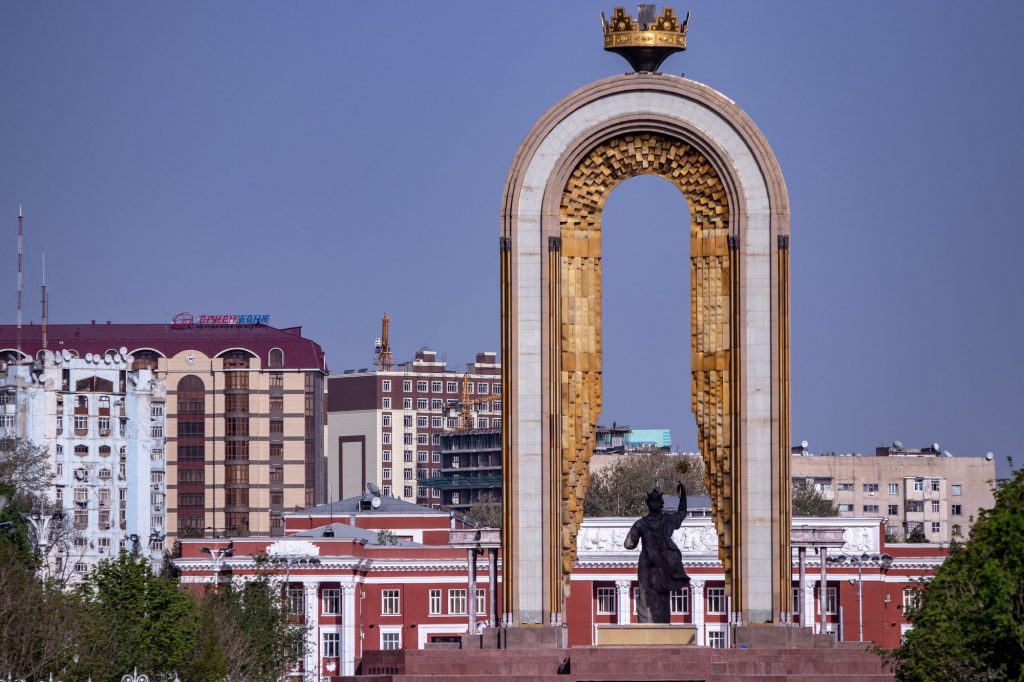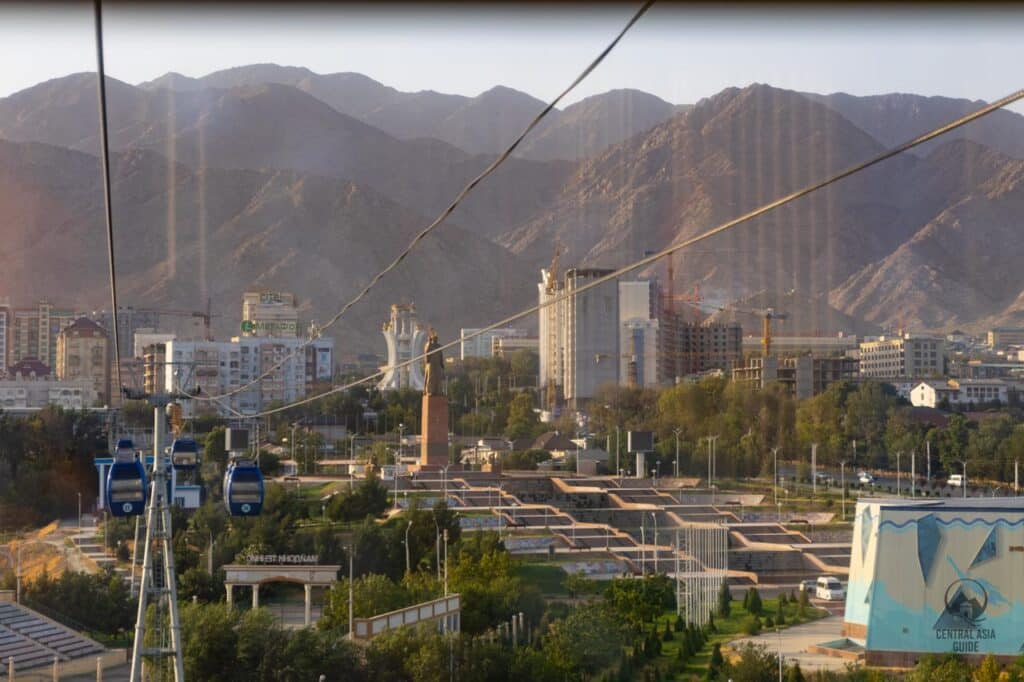Ismail Somoni
Ismail Somoni
Ismail Somoni (Ismail Samani), renowned as “Amir Adil” (the Just Ruler), was a distinguished emir of the Samanid dynasty in Central Asia. He played a pivotal role in establishing the state, governing Maverannahr or more known as the Transoxiana (Area north of Amu Darya). Ismail’s leadership marked the ascension of the Samanids as a dominant force in the area, as he initiated governance reforms to fortify central authority and to safeguard the borders.
Throughout his reign, Ismail subdued numerous eastern regional states, assimilating some directly into his domain and maintaining others’ autonomy as vassals. Widely regarded as the father of the Tajik nation, he remains a source of pride for Persian-speaking communities. Ismail’s historical legacy doesn’t primarily emphasize his prowess as a military leader or a formidable ruler, although he excelled in both aspects. Rather, he is celebrated as an embodiment of a just and fair-minded ruler.
Biography of Ismail Somoni
Born in Fergana in 849 to Ahmad ibn Asad, Ismail had a brother named Nasr I, who assumed the Samanid throne in 864/5. Disputes over tax distribution led to a conflict between Nasr and Ismail. In 888, Ismail triumphed over his brother, effectively taking control without formal dethronement. He officially became the emir of Transoxiana in 892, endorsed by the caliph after his brother’s demise.
After quelling internal conflicts and uprisings, Ismail focused on safeguarding the state from Turkic nomad raids. In 893, he launched a campaign to Taraz, capturing the city and the silver-rich Talas Valley. The Samanids’ growing influence in Maverannahr and the Saffarids’ presence in Khorasan (Khorezm) raised concerns for the caliphs of Baghdad. Despite a decree deposing Ismail in 898, issued by the caliph in favor of Saffarid Amr ibn Layth, Ismail gained the caliph’s approval after the Battle of Balkh in 900.
Ismail passed away on November 24, 907, succeeded by his son Ahmad Samani. He distributed substantial wealth to others during his lifetime, leaving nothing for himself.


Legacy of Ismail Somoni
Under Ismail’s rule, Bukhara became the capital of the Samanid state, featuring the remarkable Mausoleum of Ismail Samani also referred to as the Samanids mausoleum. Since 1998, the highest peak in the Pamirs bears his name, along with an urban settlement and a district in Dushanbe.
Tajikistan commemorates the state’s founder with the Order of Ismoili Somoni. The national currency, the somoni, showcases Ismail’s image on a banknote. Numerous districts, settlements, squares, parks, and streets in Tajikistan are named in his honor. Cities like Dushanbe, Penjakent, Khujand, Gafurov, Kurgan-Tyube, and Khorog boast monuments dedicated to Ismail Somoni.
The year 1999 marked Tajikistan’s celebration of the 1100th anniversary of the Samanid state, with an architectural ensemble erected in Dushanbe on Dusti Square, standing at a height of 13 meters in honor of the first ruler of the Tajik state.
Page updated 18.1.2024